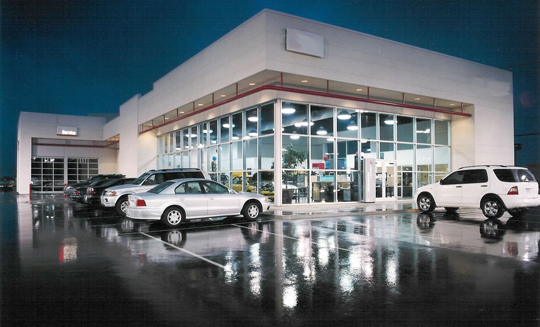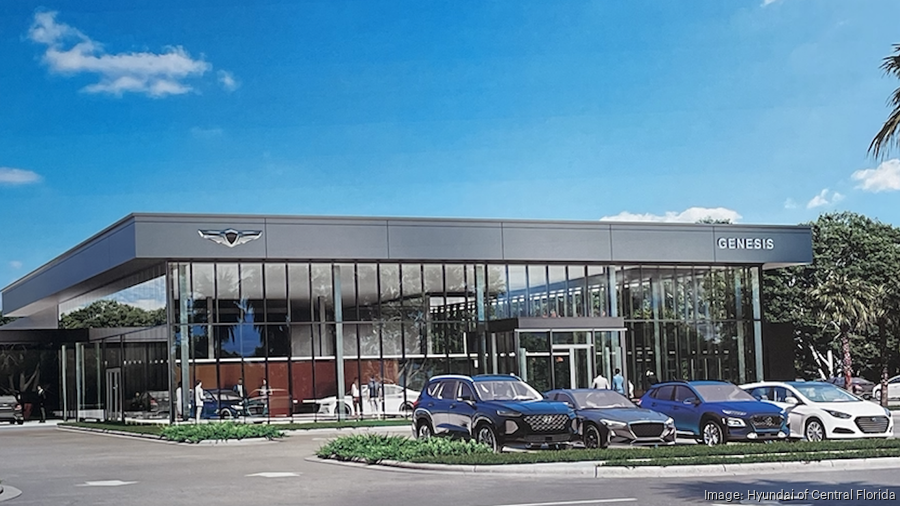Change Your Driving Experience: Varsity Lincoln, Your Premier Lincoln Dealership!
Change Your Driving Experience: Varsity Lincoln, Your Premier Lincoln Dealership!
Blog Article
Discovering the Great Print: What to Know Before Leasing an Automobile
From hidden fees that may capture you off guard to mileage restrictions that can influence your everyday commute, being well-versed in the intricacies of a lease arrangement is vital. Allow's unwind the layers of complexity that come with leasing a vehicle to ensure you make an educated decision that straightens with your demands and monetary goals.
Lease Terms
Comprehending the lease terms and conditions is crucial prior to devoting to a car lease contract. These terms lay out the obligations and commitments of both the lessee and the lessor throughout the lease duration. Additionally, familiarize yourself with the gas mileage limits defined in the lease agreement.
Additionally, the lease terms will certainly detail the upkeep needs for the automobile. It is vital to recognize that is accountable for repair and maintenance throughout the lease period. Additionally, insurance coverage requirements and any prospective charges for very early discontinuation should be plainly detailed in the contract. By thoroughly examining and understanding the lease conditions, you can make a notified choice and prevent any kind of surprises or misunderstandings throughout the lease term.

Hidden Charges and Costs
Upon completing the lease terms and conditions, it is important to look at the arrangement for any type of potential surprise fees and costs that may impact the total expense of the lease. These extra expenses can significantly inflate what originally looked like a good deal. Some usual surprise costs to keep an eye out for consist of procurement charges, personality fees, excess mileage charges, deterioration fees, very early discontinuation fees, and down payment charges.

Understanding Gas Mileage Limitations
One important facet to take into consideration when renting an auto is the established mileage restriction set by the leasing agreement. Mileage limits define the optimum variety of miles a lessee can drive the car annually without sustaining surcharges. It is necessary to extensively recognize these restrictions as exceeding them can result in expensive fees at the end of the lease term
Usually, lease arrangements use gas mileage limits varying from 10,000 to 15,000 miles per year, with options to acquire extra miles upfront at an affordable price. Lessees must accurately analyze their driving routines to select a suitable gas mileage limitation that lines up with their needs. Looking at the agreed-upon mileage can cause excess mileage costs, which are typically calculated per mile and can build up quickly.
To stay clear of unforeseen fees, lessees ought to monitor their mileage throughout the lease term and consider choices such as car pool or utilizing public transportation when nearing the limit. Understanding and sticking to the gas mileage limits laid out in the leasing arrangement is crucial for a economical and smooth leasing experience.
End-of-Lease Responsibilities
As completion of the lease term approaches, lessees have to be prepared to accomplish their end-of-lease obligations without delay and based on the leasing contract. One essential duty is guaranteeing that the lorry is returned in great problem, considering typical deterioration. A lot of leasing contracts state specific standards regarding the appropriate condition of the auto at the end of the lease, and lessees might be economically accountable for any type of extreme damage.
In addition, lessees are typically called for to stick to mileage limitations outlined in the leasing arrangement. Exceeding these limits can lead to overage charges that can accumulate promptly. To avoid unanticipated fees, it is very important for lessees to monitor their gas mileage and strategy in advance as the end of the lease term methods.
Lastly, lessees must recognize any end-of-lease costs that might use. These might consist of personality charges, excess damage fees, or any type of superior settlements. By preparing and comprehending for these obligations in advancement, lessees can make sure a smooth and convenient end to their leasing contract.
Insurance Demands
Comprehending the insurance policy needs is important for lessees when renting an automobile to ensure proper protection throughout the term of the lease. A lot of leasing business commonly require lessees to bring thorough and accident insurance on the lorry.
In enhancement to comprehensive and crash coverage, owners typically mandate particular liability insurance coverage restricts that lessees need to fulfill. Liability insurance covers prices related to bodily injury or home damages that the lessee may trigger to others while driving the leased vehicle. Lessees need to carefully assess the insurance policy demands described in their lease arrangement to guarantee they are certified.
Failing to keep the needed insurance policy coverage can lead to charges or perhaps the discontinuation of the lease arrangement. It is essential for lessees to connect with their insurance coverage company to assure that they satisfy lincoln dealers all the insurance policy needs specified by the owner.
Verdict
Finally, it is vital for people taking into consideration renting a car to very carefully assess the lease terms and conditions, know any concealed costs and costs, understand gas mileage limits, and prepare for end-of-lease duties. Additionally, conference insurance policy needs is important to safeguard both the lessee and the owner. By being informed and understanding these vital elements, individuals can make knowledgeable decisions when leasing a vehicle.
Upon completing the lease terms and problems, it is vital to scrutinize the agreement for any kind of potential concealed costs and costs that may affect the total cost of the lease.Acquisition costs are charged by the leasing business for establishing up the lease, while personality fees are sustained at the end of the lease term. By thoroughly evaluating the lease contract for these concealed fees and costs, you can prevent unexpected economic shocks and make an extra educated choice when renting a vehicle.
Recognizing the insurance needs is vital for lessees when leasing an automobile to make certain correct insurance coverage throughout the term of the lease.In conclusion, it is essential for individuals considering leasing a vehicle to meticulously review the lease terms and problems, be aware of any kind of hidden charges and charges, understand mileage restrictions, and prepare for end-of-lease responsibilities.
Report this page